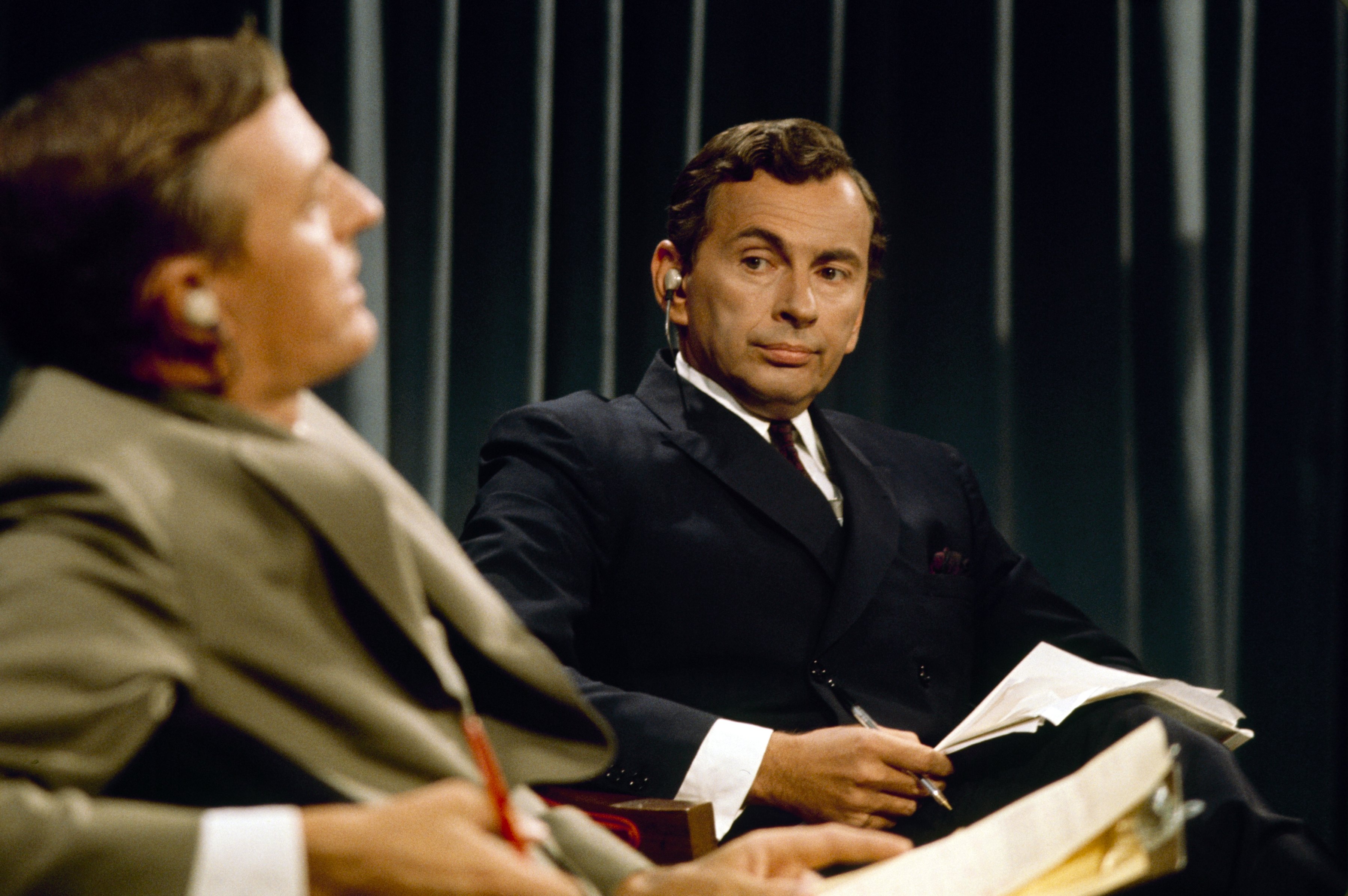

Yet he remained immune to the seductions of celebrity and clear-eyed about the workings of power. (A reporter bold enough to press the subject would be silenced with a reference to Freudian quackery.)Īt seventeen, Vidal would explain, he “quit schooling” for good and enlisted in the Army, served as first mate on a supply ship in the Aleutian Islands, and then-almost by accident, virtually without sweat, and for the simple reason that he could-became a novelist (“Julian,” “Myra Breckinridge,” “Burr,” “Creation”), essayist (“Homage to Daniel Shays,” “The Hacks of Academe”), playwright (“Visit to a Small Planet,” “The Best Man”), screenwriter (“Ben-Hur”), politician (valiant failed campaigns for Congress, in New York, and for the Senate, in California), actor (“Bob Roberts,” “Gattaca,” “Igby Goes Down”), steel-chinned prime-time brawler (points victories over Buckley in 1968 and Mailer in 1971), and friend to everyone worth knowing (Greta, Tennessee, Eleanor, Orson, Mick, Sting). If asked about his mother, Nina Gore, who had swapped family life for a succession of boyfriends and husbands, Vidal would explain that her desertion-and her alcoholism, and her sexual confessions-hadn’t really bothered him. Gore, the blind senator from Oklahoma, son of Gene Vidal, a high-school football star whose exploits as an aviation pioneer landed him on the cover of Time, he was born in 1925, at West Point, grew up in Washington, D.C., and studied at Exeter. “My God,” Vidal told Amis, “what a lucky life.” The official story, as set down in Vidal’s memoirs and essays, and in hundreds of reviews, profiles, and, finally, in his obituaries-he died in 2012-went like this: grandson of Thomas P.


In 1977, after visiting Vidal at his cliff-perched villa on the Amalfi Coast, Martin Amis observed that “he has little of the paranoia worryingly frequent among well-known writers.” Norman Mailer had been onto something, Amis concluded, when he said that “Vidal lacks the wound.” It was an act, a put-on-perhaps the most effective double bluff in the history of literary P.R. In the course of more than half a century, his quips, aphorisms, insults, and punch lines amounted to a self-portrait, airbrushed so as to highlight his favorite warts: Olympian detachment, patrician hauteur. In October of 1975, dining in Rome, Gore Vidal told his new friend the novelist Michael Mewshaw that Françoise Sagan was “a magnum of pure ether.” He didn’t stop to clarify, but rigor was beside the point the Vidalian bon mot was about the speaker, not about the subject.


 0 kommentar(er)
0 kommentar(er)
